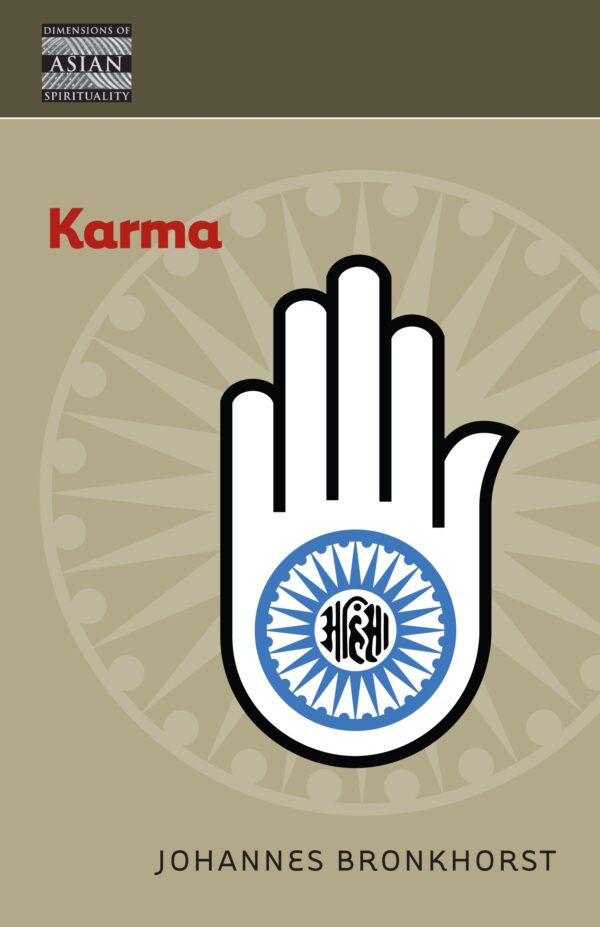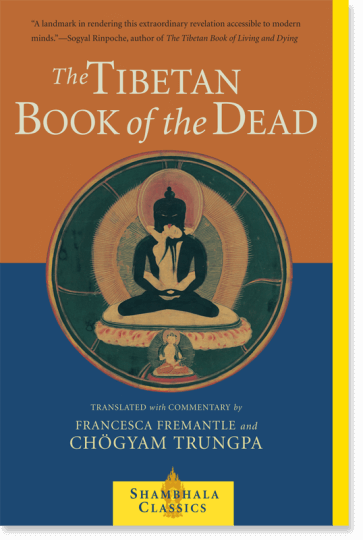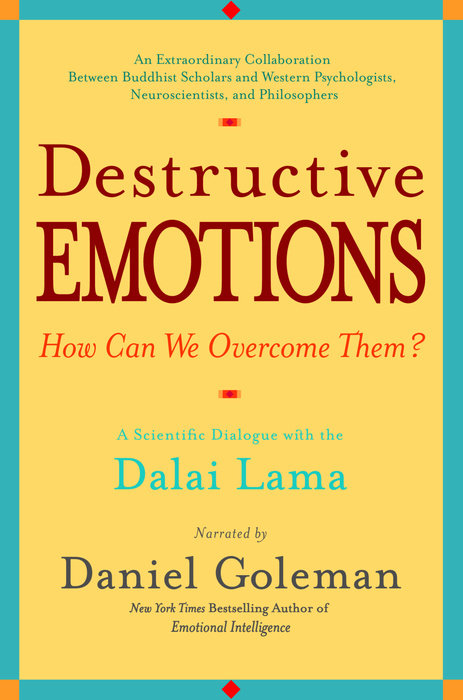BOOK

The Theory of Karma

This book intends to rejuvenate one's belief in the significance of their own action in both personal and professional life. It presents scientific, spiritual and holistic point of views as to how "A human is the master of its own fate". It disputes the concept of a helpless form of destiny. See more...










